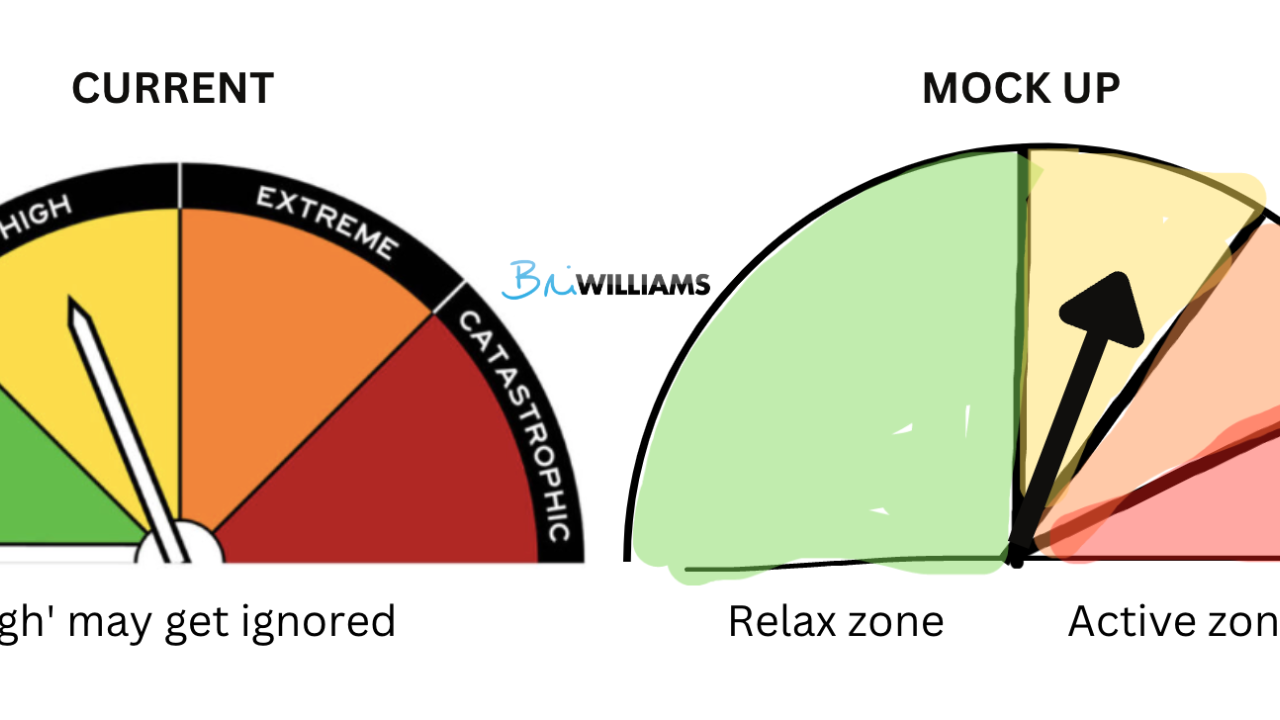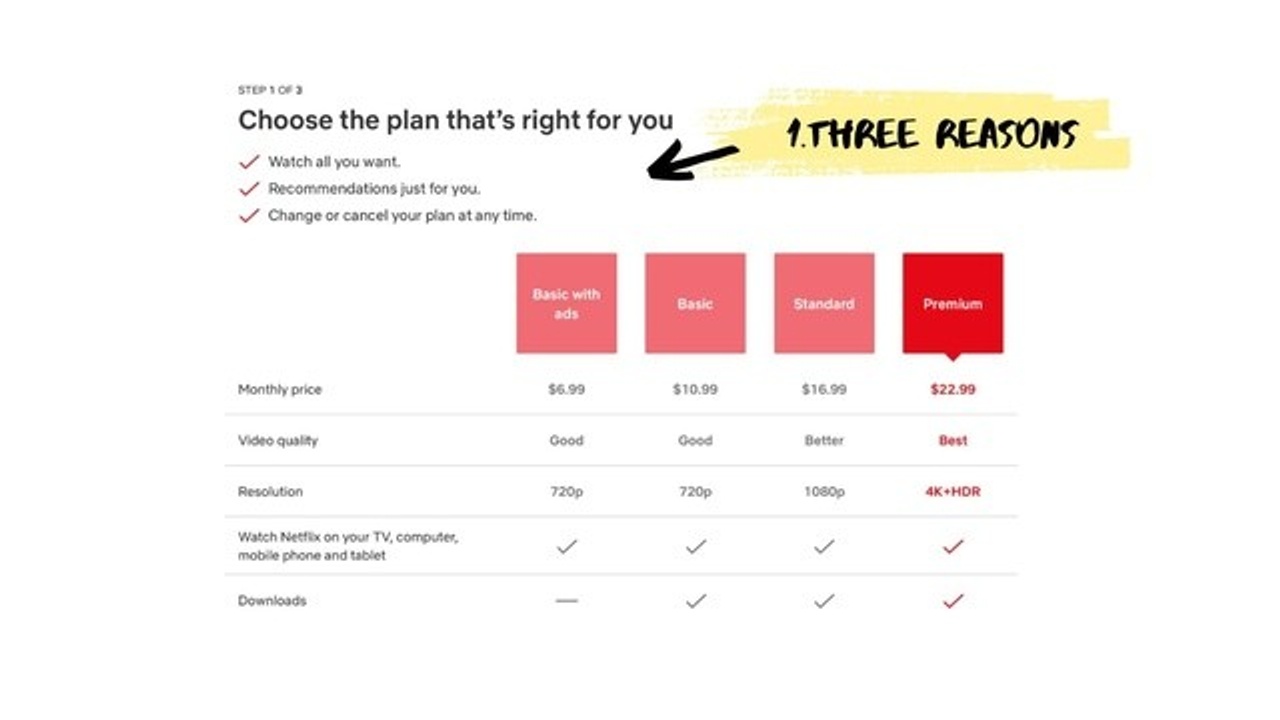Getting proportionality 100% right

Proportionality is core to how we navigate the world.
It’s how we gauge the extent of something.
Is it a big slice or small? Generous or miserly? Almost complete or barely started? Half full or half empty?
We might be ‘middle aged’, ‘middle class’, or just ‘middling’ along.
To know where things stand, we rely on proportionality signals.
So what do you think might be my concern with the new Australian fire danger ratings?
In a positive move, the National Council for Fire and Emergency Servi...
The Williams Behaviour Book
I was nervous, of course.
Approaching the Vice Chairman of Ogilvy, one of the world's most successful advertising agencies, for a blurb for my new book was a little daunting.
But Rory Sutherland is an exceedingly generous and supportive person who told me he'd be delighted.
'Bri Williams is the Linnaeus of human behaviour', he wrote. 'The best taxonomy of the different approaches to understanding human behaviour I have ever seen'.
Wow!
But...please excuse my ignorance here...who or what i...
The $3,000 coffee
Most of my trip to the Ikara-Flinders Ranges, South Australia, last year went as planned.
Plenty of wildlife, time in the red dirt, and lots of friendly fellow road trippers.
But the $3,000 coffee caught me by surprise.
I’d stopped in the small town of Blinman, boasting a population of thirty five, for a coffee and to sample some of the bakery’s finest.
Strolling the main street, I spotted this sign.
Being a huge fan of Indigenous art, I jumped back in the van and drove a short distance ...
How to close a sales conversation
It's awkward, isn't it Bri?
That moment in a sales conversation when you have to ask for the deal?
Or maybe it's not even a sales conversation, but a discussion with a colleague whom you are trying to get to make a decision?
In this video I explain:
- The three stages of an effective sales conversation
- The role that tension plays
- What to say to close the sale
And why do I call it "conversion cutlery"?
Because as you'll see, the three stages relate to a spoon, knife and fork.
Prefer t...
Designing for how people use your product

Can I share something with you about my toilet?
It's about the buttons, which look like this...

If you wanted to use the half flush, which button would you press?
The button on the left, or the button on the right?
.....
The fact that I'm asking suggests there is a problem here, doesn't it? The correct button should be obvious.
And indeed, the button on the right, the smaller button, is for a half flush.
So why do I find myself continually pressing the larger button on the left?
Bec...
A new way to think about habits
How are those promises you made yourself going?
You know, the ones about work, family or health?
Don't get dismayed if you've reverted to old patterns – it's natural to do that.
Those old neural pathways are well entrenched. The trick is to repeat your new behaviour so that new pathways form.
That's what I explain in this video.
I cover what happens behind the scenes when it comes to changing behaviour, and the two most impactful things you can do.
You might also find interesting:
-
...
The bible of choice research
In Book Bites I share my top three takeaways from a book I've recently read.
This time it's "Elements of Choice: Why the Way we Decide Matters" by the godfather of choice research, Eric J Johnson.
I consider this the bible of choice research, and worth a read if you want to get into the detail of decision architecture.
You can find the Book Bites series on YouTube here.
How to display product options

Once the dominant streaming service, Netflix is haemorrhaging subscribers, losing market share to the likes of Disney Plus, YouTube and Amazon Prime.
To shore up revenue, they have rolled the dice on a new ad supported "Basic" option.
Is this a good move?
That depends on the behaviour they are seeking to displace. Presumably this is an acquisition rather than retention strategy.
That means they are seeking to win customers from streaming competitors, free-to-air TV or other forms of enter...
How to be impossible to ignore
Bri shares her three top takeaways from Dr Carmen Simon's book, "Impossible to Ignore".
This is part of Bri's Book Bites YouTube series.
More about Carmen: https://corporatevisions.com/speakers/dr-carmen-simon/
Why we stick with things too long (Focus on the sunk cost fallacy)
I was watching the popular TV series Lego Masters, and something one of the contestants said really got my attention.
Welcome to Focus On, a focus on a specific topic, business or issue for the month.
So what did she say that captured my attention?
“I’m just terrified I have spent this time building something that now won’t be used. I don’t want that to be wasted building time”.
This is the “sunk cost fallacy” - the predicament we find ourselves in when we don’t want to step away from someth...


